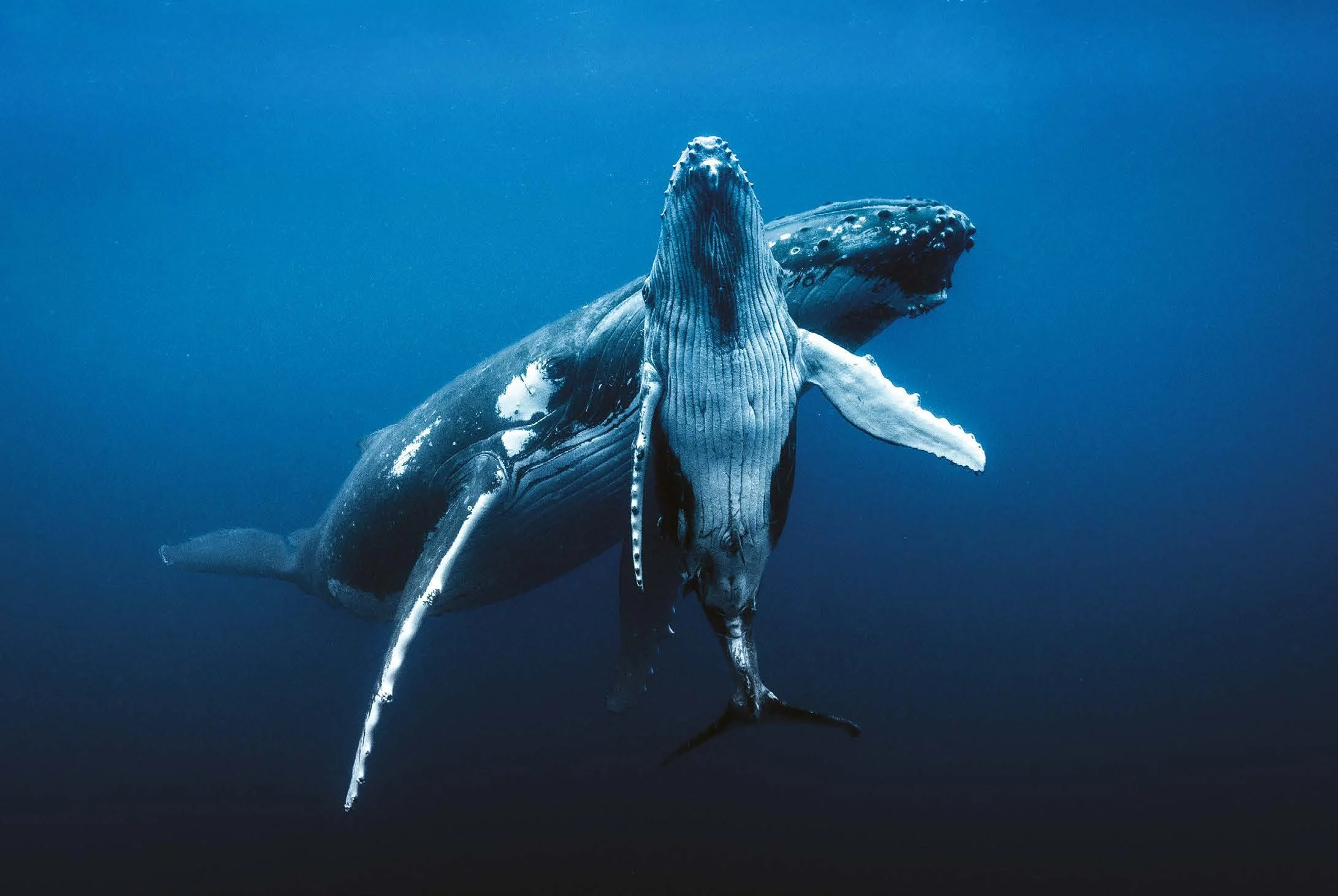Counter Catastro-phising
Twice a week an email arrives in my in box from FIX THE NEWS. It’s a Melbourne based organisation, that alerts its subscibers to positive news stories from around the world.
From their website…
Why we do this? - If it bleeds it leads.
It's not just a mantra for tabloid editors anymore. It's a fundamental commercial reality for the media industry. A recent study of 23 million headlines from 47 popular news outlets between 2000 and 2019 the share of headlines denoting anger increased by 104% and the share evoking fear surged by 150%.
In other words, it's not just our imagination: the news has become far more negative. It's making us all feel grim about the present, and hopeless about the future. Pessimism is so deeply ingrained in our media culture that it’s become the default frame imposed on all our realities. It’s not breaking news anymore. It’s broken news.
What I love about “Fix the News”, is that at no stage do they ever pretend that the world doesn’t face substantial and seemingly intractable problems. But they believe that by dwelling on these problems at the expense of the plethora of positive news stories, we not negatively only affect the health and mindsets of our communities, but we negate the drive and enthusiasm for making positive change.
I can here the cry already…
“What’s this got to do with wooden boats?”
Well the answer is probably “not a lot”. But on a fundamental level, the wooden boat world we inhabit, is capable of providing inspirational experiences and stories that juxtapose the banality of day to day existence. That’s got to be a good thing!
Here’s a sample, with a marine twist, of this weeks good news stories thanks to FIX THE NEWS & NATURE
Dismantle ‘zombie’ wildlife protection conventions once their work is done
Almost 80 years after it was created, the international whaling convention has outlived its usefulness. Ending it could set an example for other organizations.
At the height of the whaling industry, thousands of whales were killed each year — mainly for their oil, a fuel used widely throughout the eighteenth and nineteenth centuries. By the 1930s, more people were becoming aware that whaling was unsustainable. In 1946, the International Convention for the Regulation of Whaling (ICRW) was signed, and the International Whaling Commission (IWC) was established as the decision-making body to deal with the problem. It was the world’s first global convention designed to address a significant threat to wildlife.
The IWC will hold its 69th meeting in Lima in September. As the convention nears its 80th anniversary, we propose that the IWC hands over several pending issues to other conventions and national governments and closes up shop.
The IWC’s accomplishments — managing global whale populations and especially implementing a moratorium on commercial whaling in 1985 — are laudable. But these achievements lie four decades in the past. IWC meetings since have been a source of acrimonious and fruitless dialogue among member nations. By exiting with dignity, the IWC would set a powerful example for the international environmental community.
A bright beginning
The ICRW was originally established to deal with the “conservation of whale stocks and … the orderly development of the whaling industry”. Conservation in this context meant ensuring that enough whales were protected so that some could be harvested sustainably. But as it became clear that most species were in severe population decline the IWC decided in 1982 that commercial whaling for all species everywhere should cease from the 1985–86 season onwards.
The agreement was groundbreaking in its ambition. It led to the near-total cessation of whaling activities, with a few notable exceptions , and has contributed to the resurgence of many whale species, including the largest animal on Earth, the blue whale, Balaenoptera musculus



